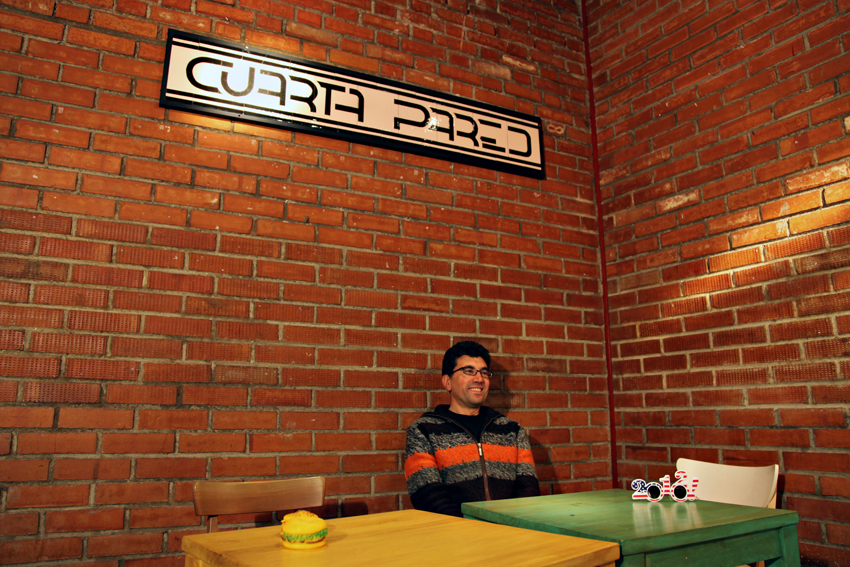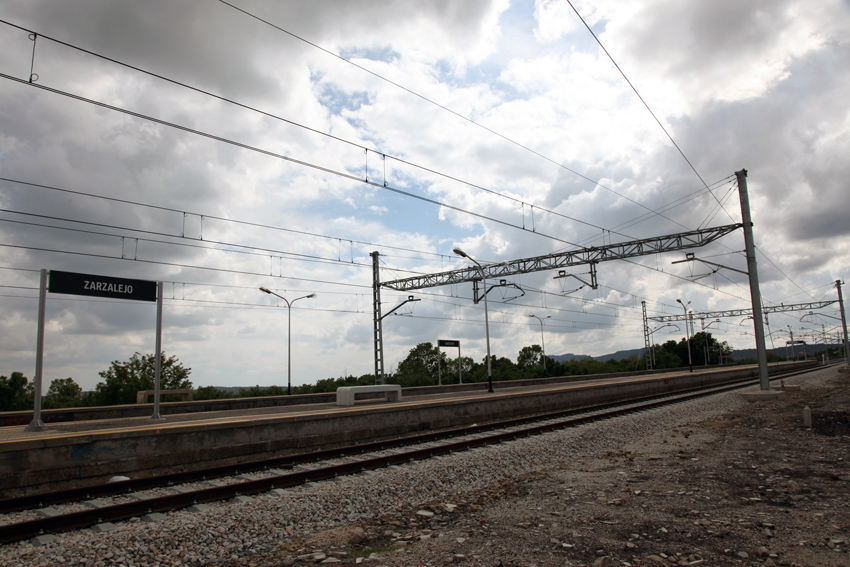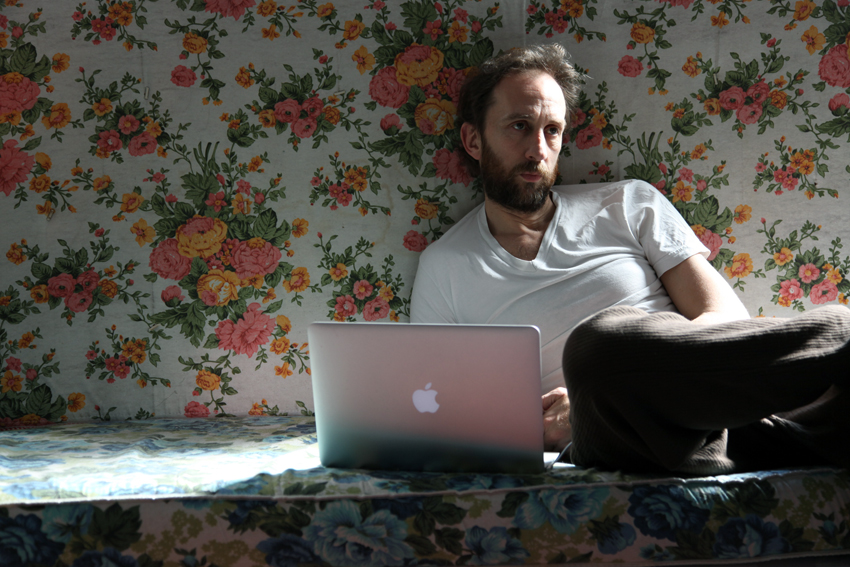What is El Ranchito?
El Ranchito is a cultural research project. Promoted by Matadero Madrid in collaboration with other artistic stakeholders of the city, it has a division for reflection, an artist-in-residence programme, a division for presenting to the public and a satellite programme of activities.
El Ranchito works under the following parameters: the collective production of meaning, cross-disciplinary work, site-specific work, experimentation, the construction of an emotional community, reflection from the place where work is done, emergency situations, process-related aspects and the resource economy. http://elranchitomadrid.wordpress.com
El Ranchito’s lines of action
- Cross-disciplinary work. Echoing a context of permanent cross-influence among disciplines (interdisciplinary nature) in which many artists work in the interstices between the plastic and performing arts, design and architecture, and even other forms of knowledge such as biology, physics or philosophy.
- Experimentation. Like any research project, trial and error is relied on as a method for learning about and exploring new territories for art.
- Site-specific artistic creation. Promoting the specific production of projects for a concrete space that responds to a certain context (physical, geopolitical or social).
- The collective production of meaning. Proposing and developing collective and inclusive research that anybody can peruse and contribute to through different calls and devices.
- The construction of an (emotional) community. Sharing the idea that philosophy, thought or creativity can promote the building of a community of like-minded individuals with a sense of fraternity, based on the thinking of philosophers such as Jacques Derrida, Giorgio Agamben and Aristotle himself.
- Emergency situations. Giving special attention to the peripheral areas of art but also to those in the “folds”, meaning those artists or forms of artistic creation that do not occupy centre stage in the artistic scene.
- Process-related aspects. Understanding artistic creation as a work sustained through time in which different phases of the process are as important as the final result.
- The resource economy. Working in the current context, which is conditioned by an economic crisis and humankind’s indiscriminate use of resources, to consider concern for minimising the environmental impact of the proposals and/or help to think about the same.








RSS feed for comments on this post. / TrackBack URI